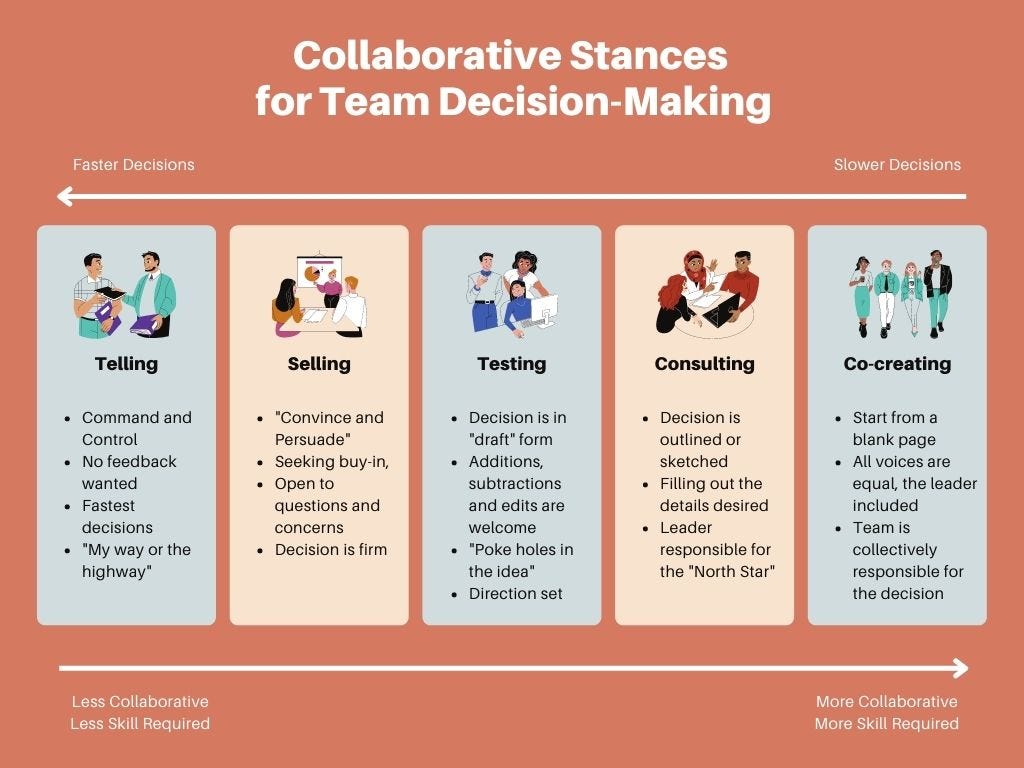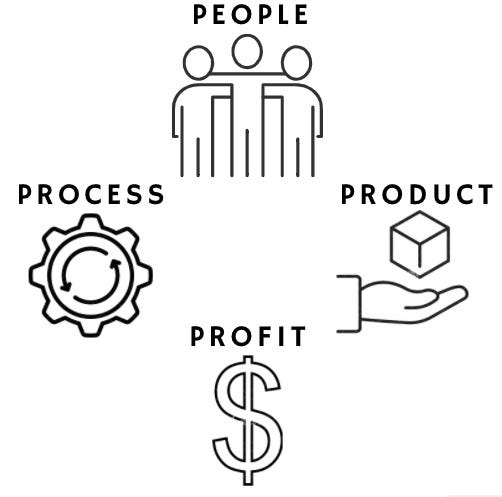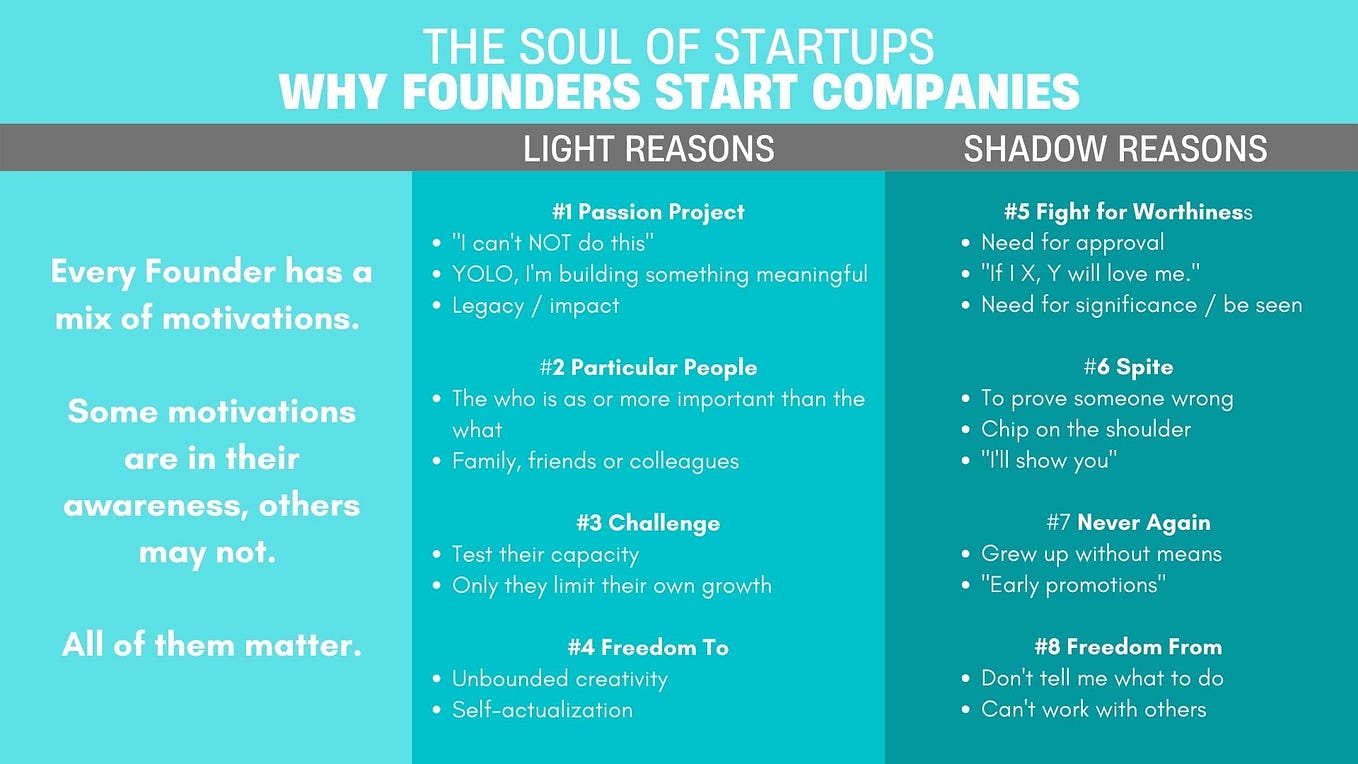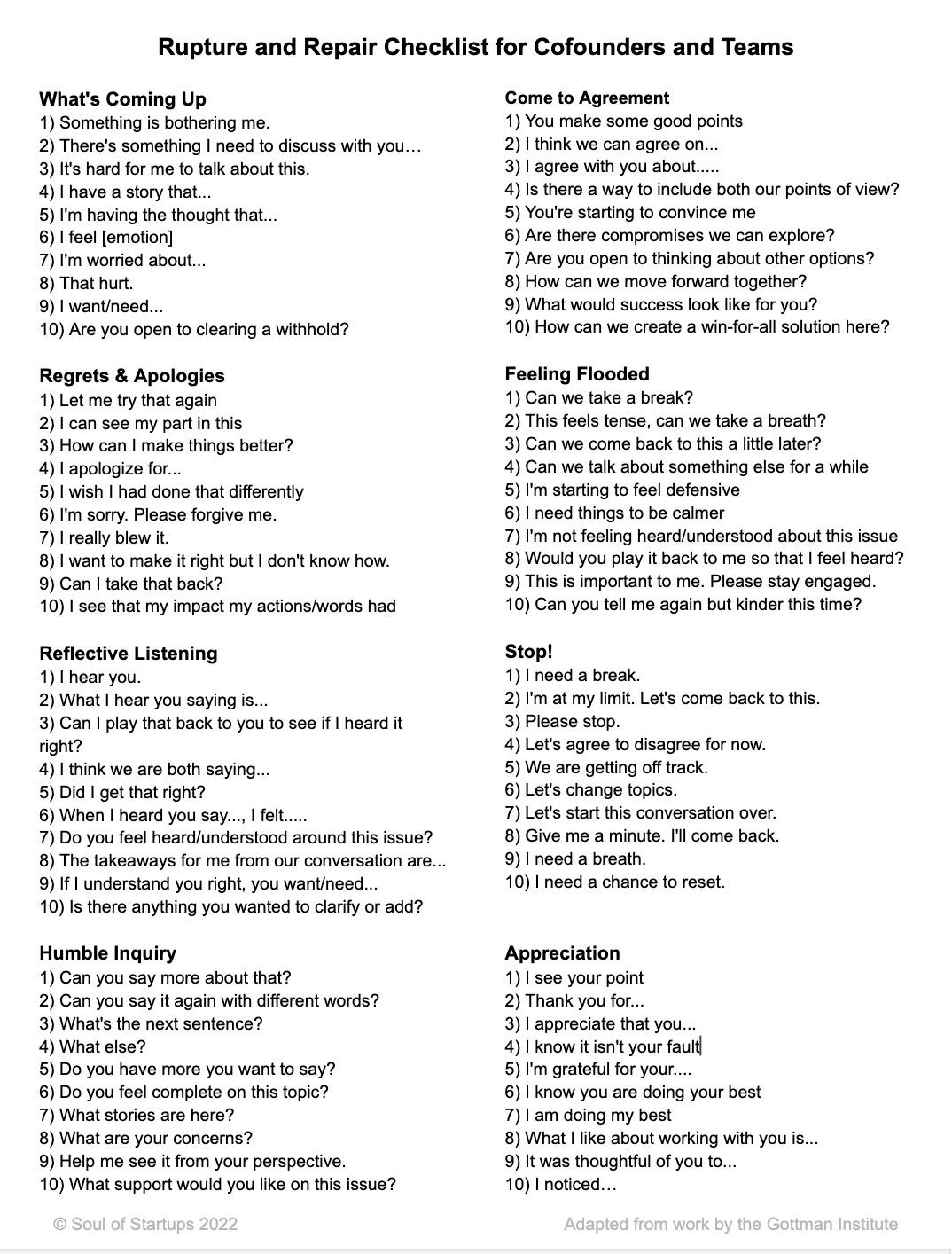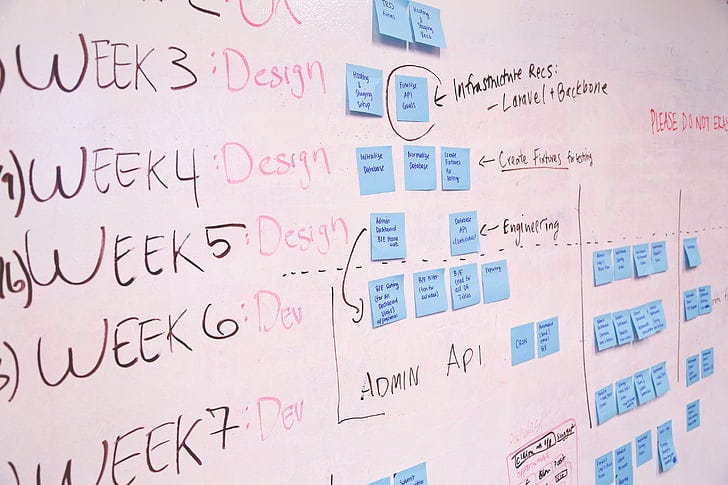Radical Welcoming
What does it mean to be welcoming? How would you take it to the next level? What would you do if you wanted someone at your company or on your team or in your accelerator to feel incredibly welcome?
I used to give this a lot of thought with my colleague at Techstars. We felt like day one was important for setting the tone for everything that was to follow. Day one at a new job is a lot like day one of school- everything is new, you get a fresh start. Do you remember the last time you had a first day at a company? What was it like? Did you feel welcome?
Here are some things I think help people feel welcome:
Be prepared for their arrival. If you have company swag, have it ready for them, stickers, t-shirt, books, whatever goes in a great welcome kit, have it ready on their desk. Also, have a desk. (Full disclosure on this one, I’ve given other people good first days and some only so-so. Arriving to an Ikea project to build your own desk isn’t the best kickoff.) And have the tools they’ll need ready to go. If that’s a computer, have it there, have the basic software they’ll need already loaded with a sticky note with the username and password. This speaks volumes to this person. You did the pre-work to ease their transition. Most of us have been through enough only ok day ones that this will stand out.
Be the welcoming committee. Be ready for them when they arrive. An excited greeting and an ushering through to whatever is first is very reassuring. Offer a coffee or tea, show them the coffee pot, so to speak, where to put their lunch if they brought one. Show them their desk, where they can put down their things. A warm and friendly “This way, I’ll show you!” is a great start. It might be a whirlwind, but there’s always the HR paperwork and handbook at the desk for a first project.
Invite them to lunch. It doesn’t have to be huge, in fact, 6 or less is both easier to seat and the likelihood of getting a good conversation and them remembering some names and details of the people they met goes way up. If you or someone from leadership can attend, all the better. Talk about the origin story of the company and company values, not awkwardly, but this is a great way to communicate what’s important and how to behave at this company. Make it something everyone can talk about, how do other employees see the values of the company playing out? This is a great way to reinforce company values without plastering them to the wall, they should be lived, not laminated.
Show them around. A tour is a great way to make people feel comfortable. Hopefully you can stop in some offices and introduce the new person. If you have good fellow welcomers, they will hop up with a smile and take a moment to say, we’re so glad you are here! This is a cultural norm, but a powerful one when it works. Reassure them there is a face book of all the people in the company that they can refer to later when they forget most of the names.
Welcome them by email to the company. Introduce a couple of fun facts about them and talk about why you are excited they joined the company. I’ll never forget all the welcome emails I got from my new colleagues the day I started Techstars. It filled up that brand new inbox, and it felt great!
Of course there are so many more things you could do to make someone’s day one special, and that is the bar. My goal was to have them go home and not be able to stop talking about how exciting it was. This success criteria came to me and my colleague after a retrospective we did with a company that was completing its time at Techstars. The founder said, the program is great, but I was so excited for day one of the program, but when I returned home after the first day and my partner asked me, “How was it?”, I answered, “It was ok, I guess.”
GUT PUNCH.
Our jaws hit the floor. That feedback was a gift, even though it was hard to hear. And while running an accelerator program and running a company look very different, some things, like day ones, are the same. They are worth making a big deal out of them. The next year and for every year after that, we went all out. We thought about what book a founder would most benefit from and had it on their desk with shirts and other swag. We had music and people welcoming them at the front door. We had breakfast ready for them. One year, we had a bubble machine. It looked like a bit of a party, which quickly transitioned to work when everyone had arrived, but it did its job- we communicated just how excited we were to be working with them. We had almost every minute of day one planned out with a mix of content and social activities. Whether they were into it or not, those founders had a plenty of things to talk about when they went home that night. They FELT what it was like to be in Techstars, and we were beaming with pride to have shared that feeling with them.
This is not something you outsource. You can get help as your company scales- HR, procurement, etc. can help get you ready if those people exist, but trust me, if this is your team, you want to be hands-on. You want to block your day for a new person on your team. Invest in 8 magical hours that could set the tone for working together for years. You won’t regret it, because who ever regrets giving the gift of making someone feel welcome? That radiates right back at you when you do it right. People want to belong, and you can help them.
I’m curious about you. What was something great about one of your day ones? Do you have a story about someone welcoming you? I learned a lot about radical welcoming from Burning Man Greeters and Day Ones in The Power of Moments, but they don’t have a lock on the secrets.
So go, get your radical welcome game on.

